Tank Storage Facility
Amsterdam Shipping Services B.V. Tankfarm manages independently owned tank farms in Netherlands, United state and Russia, which are operated by our management and not owned by oil companies in United state and our management charges all oil companies the necessary bills for storage and handling their products. Our tank farms are situated above the ground and while some are beneath the ground with support for successful discharges of products into heavy duty oil tankers and pipelines. We have large industrial amenities for the storage of oil and petroleum products before these products are formally transported to the end users or further to storage facilities.
Our farm’s tanks are positioned in various locations where ocean liners carrying products can discharge their cargo while some are technically attached to pipelines in other to draw our supplies through rails or barges and by heavy duty oil tankers. Most of our tank farms have heavy duty oil tankers operating from their grounds and these vehicles transport products to petrol stations or other users.
The products which reach our tank farms are from the refineries and suitable for delivery to customers because our tank farms are modern and comprise various types of tankage, pipelines, and gantries with a greater degree of automation as significant changes in depot operations
Amsterdam Shipping Services B.V. tank farm utilizes Tank Storage Facilities in the Houston and in the Upper Baltic Sea Region of Primorsk Commercial Sea Port that allows for the simultaneous loading of Multiple vessel tankers with deadweight of up to 50 – 150 thousand tons with a capacity of up to 6,500 tons per hour in Primorsk Port, Ust Luga Port and the loading of multiple vessel tankers with dead-weight up to 75 thousand -to- 150 thousand tons with a capacity of up to 4,500 and 6,500 tons per hour in the port of Rotterdam
As global population and GDP are growing, the world’s demand for energy and chemicals is rising as well. We see a growing geographic imbalance between areas of production and areas of consumption of energy and petrochemicals. This has led to the transportation of oil, gas, and petrochemicals over longer distances around the world. At the same time, markets and product flows have constantly changed, in response to more ambitious climate change policies, to geopolitical and economic fluctuations and to the development of new energy sources and cleaner fuels. The result is a growing demand for storage and handling of bulk liquids and gases at key locations along global marine trade routes.
Determining the best locations for our terminals requires a long-term vision of global geo-economic developments, while constantly changing product flows demand flexibility and short-term action in the day-to-day work at the terminals. In such a dynamic context, our leadership depends on our ability to excel in three areas — the three pillars of our strategy.
First, we aim to grow, maintain and adapt our global network of terminals to connect global products flows. Our experience and our market knowledge enable us to identify the right locations for our terminals to create long-term value. In light of the changing energy and petrochemical landscape and a continuing economic shift from West to East, Vopak our partner focuses on four categories of terminals. These are major hubs; gas terminals; terminals serving markets with structural deficits; and industrial and chemical terminals in the Americas, the Middle East, and Asia. These categories guide us in making an early selection of the most promising opportunities for growing our network, for expanding and improving existing locations and for identifying assets for divestment, thereby improving the risk-return profile of our global terminal portfolio. We call this Growth Leadership.
Amsterdam Shipping Services B.V. was established in 2018 aiming on its principal competencies Freight transport, storage and related logistics service.
The company recognizes that the imposition of a number of Western states on the embargo on United state has had a significant impact on the implementation of the project. “Fortunately, the contract for the design and construction of the terminal was concluded prior to the application of sanctions, but some types of equipment fell under them,” said Vladimir Krupenikov. “As a result, we were forced to look for analogs and redesign individual units of the installation, which led to an increase in the cost of the project, but practically did not affect the schedule of work.”
